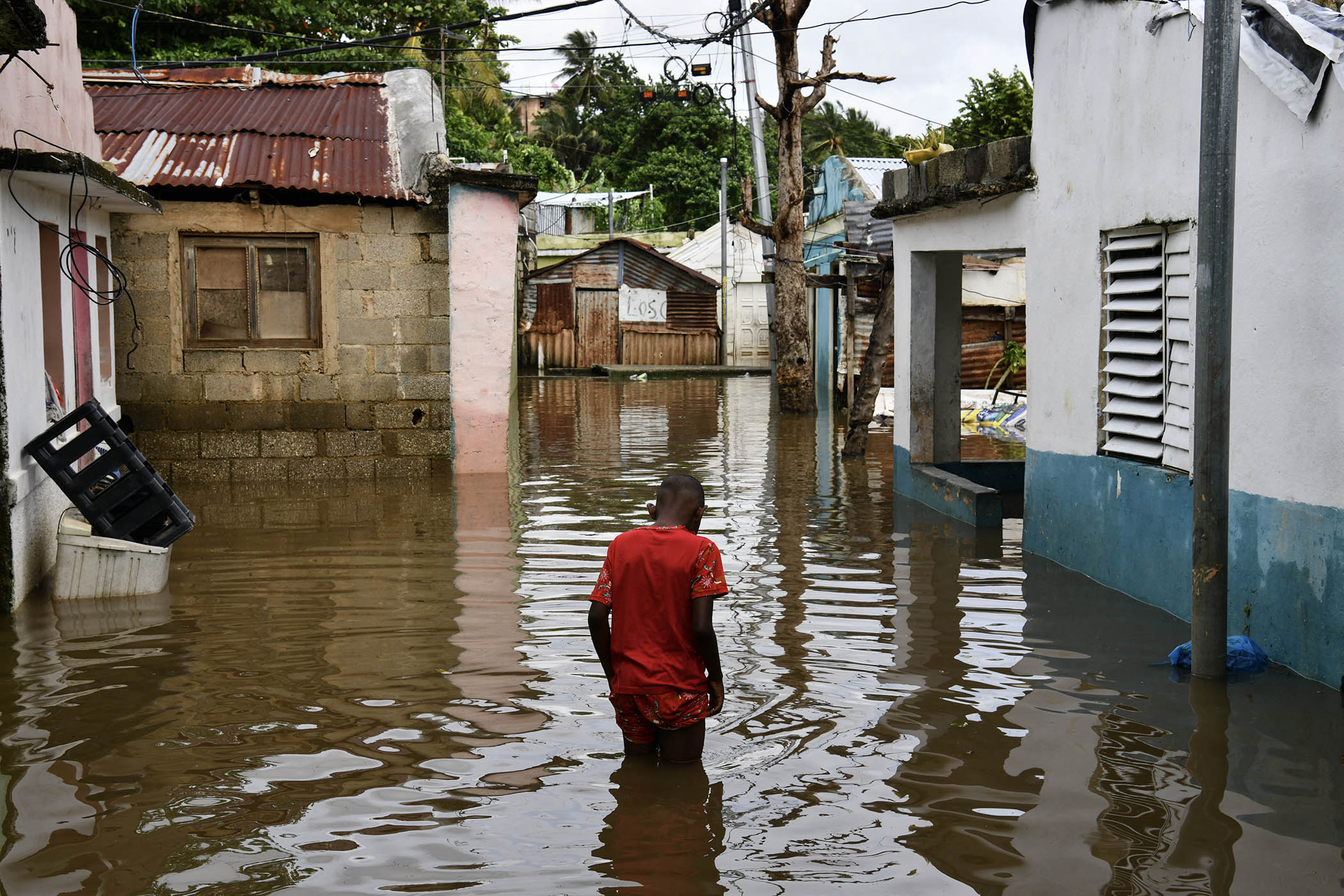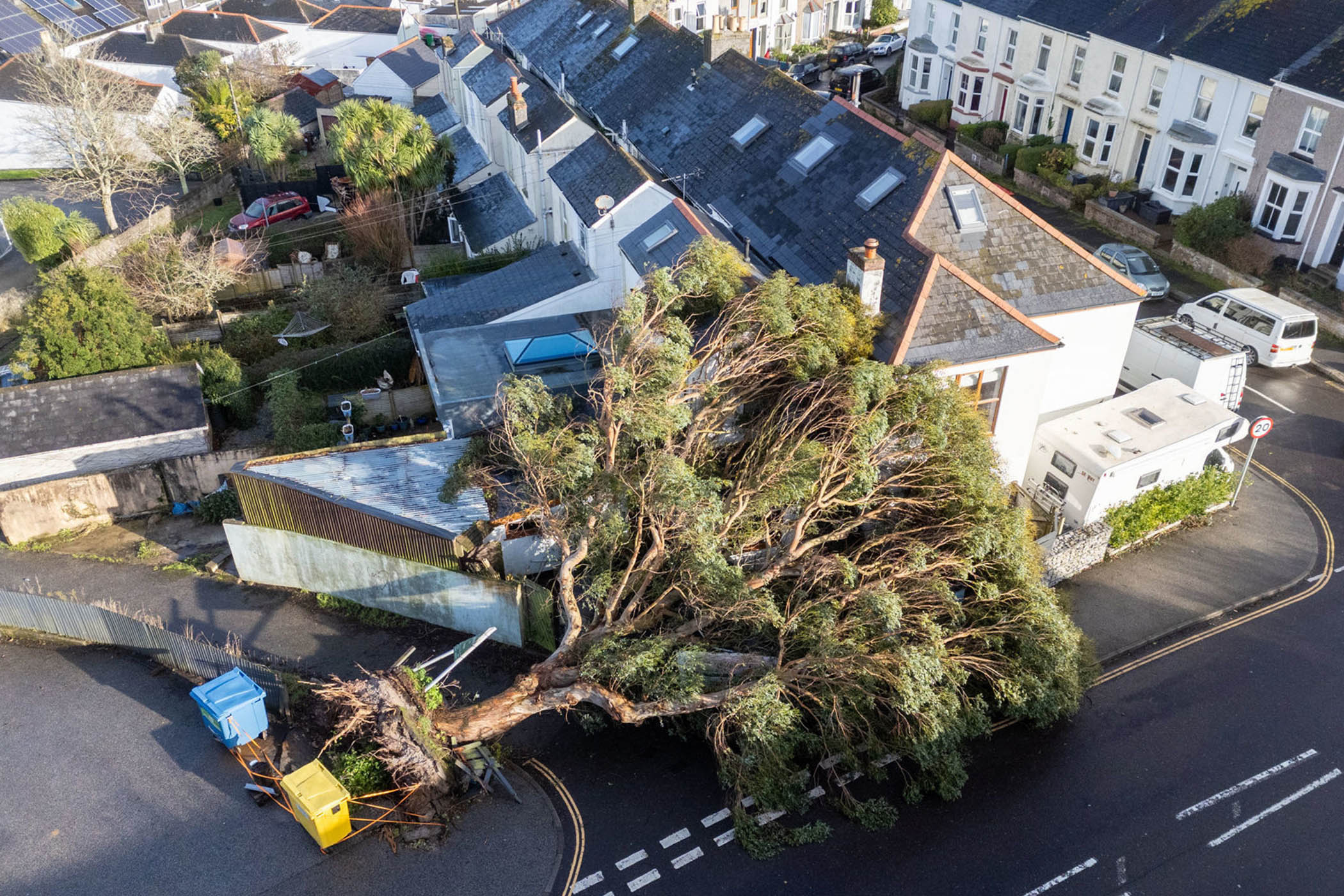Hurricane Melissa is one of the strongest storms ever recorded in the Atlantic, and a new analysis by climate scientists indicates it was made significantly more powerful by the effects of man-made climate change.
The warming of the planet, caused mainly by the burning of fossil fuels, boosted Melissa’s wind speeds by 11mph (18 km/h), according to researchers at Imperial College, London.
The hurricane reached category 5 by the time it made landfall in Jamaica last Tuesday, with sustained winds of 183mph (295 km/h) – making it more powerful than Hurricane Katrina. It has left 49 dead across the northern Caribbean, including 10 children in Haiti.
Prof Ralf Toumi, co-director of the Grantham Institute at Imperial College, said: “Man-made climate change clearly made Melissa stronger and more destructive. These storms will become even more devastating in the future if we continue overheating the planet by burning fossil fuels.”
These storms will become even more devastating if we continue overheating the planet by burning fossil fuels
These storms will become even more devastating if we continue overheating the planet by burning fossil fuels
Prof Ralf Toumi, Grantham Institute, Imperial College
Drawing energy from unusually warm ocean waters, which were 1.4C higher than expected for the time of year, Melissa also intensified rapidly. It strengthened to a category 4 hurricane over last weekend before reaching the maximum storm strength of category 5 last Monday.
Its wind speeds rose by 112 km/h in the course of last weekend, which the Imperial College researchers said was at the extremes of what had ever been observed. The storm moved at a sluggish pace, stalling over the Caribbean Sea for two days before it made landfall in Jamaica. Research suggests the speed at which tropical cyclones move has slowed since the 1950s, an effect which may be linked to climate change.
A slow but powerful storm is a devastating combination, as its crawling pace increases the chances that an intense volume of rain will fall in a single region.
Friederike Otto, professor in climate science at Imperial College and a colleague of the researchers who carried out the rapid analysis, said: “ A hurricane basically has two main ingredients. The first one is the temperature of the ocean... and the second one is the stability of the atmosphere.
Related articles:
“If the atmosphere is very calm and stable and you have high ocean temperatures, then the hurricane can really gather strength and become really strong and dangerous.
In 2024, the World Bank arranged a “catastrophe bond” that provides the Jamaican government with $150m of insurance cover in the event of a severe hurricane. Melissa is expected to trigger a payout of this bond. Haiti is a member of a donor-backed regional insurance scheme that provides support in natural disasters.
Newsletters
Choose the newsletters you want to receive
View more
For information about how The Observer protects your data, read our Privacy Policy
But money and help needs to reach the poorest and most vulnerable people. In previous disasters, inequality has amplified the impact of extreme weather.
Prof Otto said: “What all these extreme weather events do is they always increase the existing inequalities because it’s always those who are already suffering, who struggle most with getting back on their feet.”
Photograph by Danny Polanco/AFP via Getty



